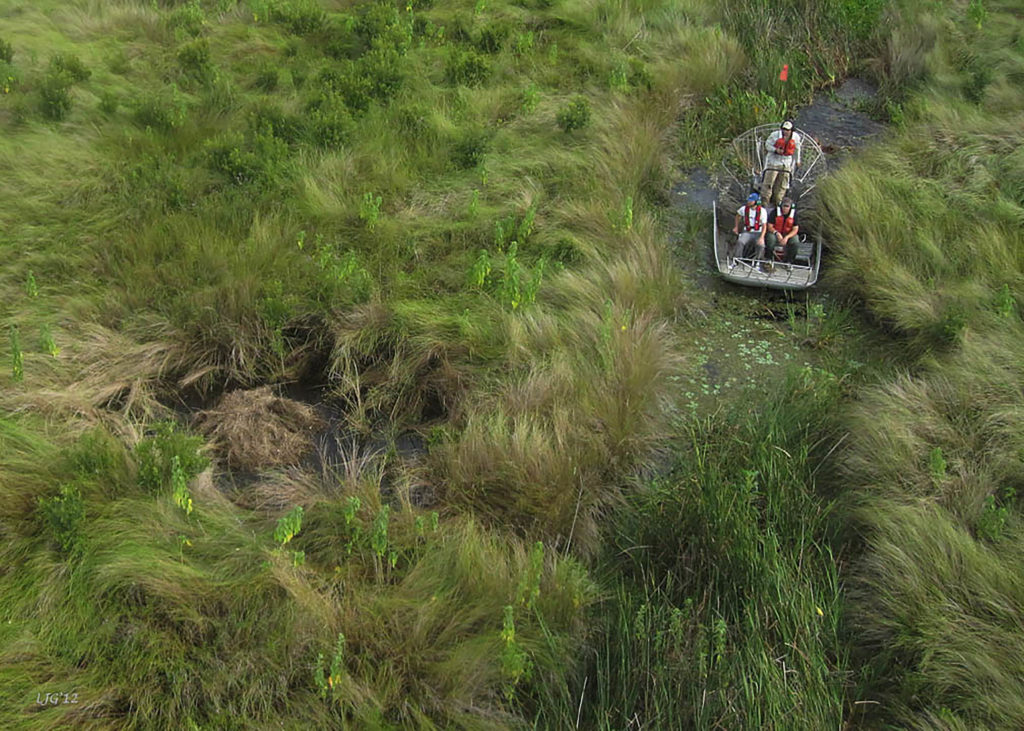During an organism’s development, the conditions of the surrounding natural environment can determine the organism’s traits. A University of Georgia scientist has received nearly $600,000 from the National Science Foundation to investigate the molecular and developmental mechanisms that allow for this plasticity.
“Organisms can respond to their environments through epigenetic mechanisms,” said Benjamin B. Parrott, an assistant professor at the Savannah River Ecology Laboratory and Odum School of Ecology. “There is no change to the DNA sequence, yet there are changes in how the code is expressed that results in observable variation. Epigenetic variation is often observed in natural populations and is sometimes associated with disease states. What we don’t really understand is how natural epigenetic variation originates. This study is aimed at tracing natural variation across the epigenome back to specific environmental factors during development and also to specific hormone signaling pathways.”
The three-year, $572,000 grant will allow an SREL research team to study the effects of temperature on alligators’ reproductive development. Parrott said alligators are an ideal species for the study because they provide a clear example of how vertebrates respond to their environment during development.
“Alligators do not have sex chromosomes like humans. Instead, an alligator’s sex is determined by the temperature at which the embryo develops,” said Parrott. “If you place an alligator egg at 98 degrees, it will develop as a male. However, if you place it at 90 degrees, it will develop as a female. We don’t fully understand how this occurs.”
The team hopes that insights into mechanisms such as these will inform the understanding of how environmental factors affect development in more complex systems. For example, a growing number of studies show that environmental factors experienced during human development are associated with health outcomes later in life. However, the mechanisms linking the two points are unclear.
The funding will provide undergraduate internships as well as support graduate research. The results will also be used to develop outreach materials to educate public high school students about the field of epigenetics.
